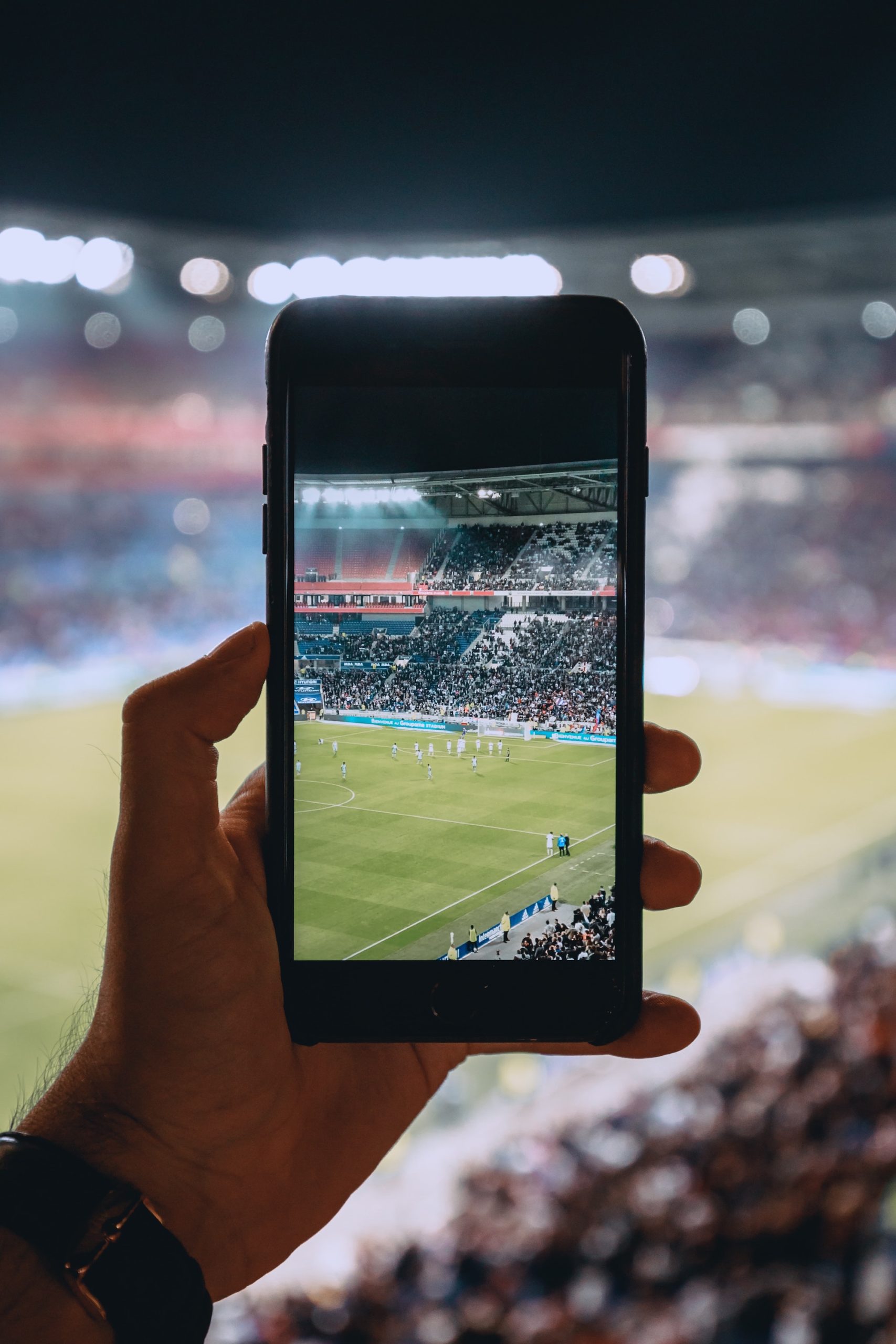Olayinka’s choices for watching the 2022 World Cup live are few — he could buy a cable subscription on DSTV or buy a subscription on a streaming platform like Showmax, or, he could use a VPN to mask or change his location to access free coverage from other countries, like BBC iPlayer. Usually, he opts for the last option.
Olayinka Joseph, a student at the University of Ilorin, Nigeria, is one of many football fans who want to watch the World Cup, but are blocked by subscription costs, and sometimes, the language barrier. In response, people are using VPNs to mask their location and access free, language-friendly, or uncensored coverage of the World Cup.
VPNs, or virtual private networks, are, as the name implies, private networks that allow users to encrypt their data over public networks such as the Internet. It can make it harder to track users and allow them to assume different locations, mask their IP address, and offer a more secure connection to the Internet. When using a VPN, all data sent or received by the connected gadget passes through the VPN.
In 1996, a Microsoft employee, Gurdeep Singh-Pall invented the point-to-point-tunneling-protocol, PPTP, which was the bedrock for encrypted and secure networks. Early adoptions of the protocol were mostly by businesses and organizations looking to protect their data and confidentiality while allowing workers to work wirelessly across different locations. Today, many businesses still use similar protocols to encrypt their data and communication channels between staff.
Over time, VPNs have grown among users seeking privacy, a practical layer of cyber-security or looking to bypass Internet restrictions. By encrypting their data, obscuring location and IP addresses, users can effectively avoid their data from being seen by hackers or cybercriminals looking to exploit them. Users using VPNs also produce much less data that can be used to track their actions across the Internet, and are able to access conditionally restricted contents and connections.
Since the beginning of the World Cup, there’s been a surge in the use of VPNs to access coverage of the event in Qatar. Researchers at Safety Detective, an organization focusing on safe digital practices, measured that the use of VPNs has increased by over 1000% since the commencement of the 2022 World Cup in Qatar, and it sits in line with a history of VPN surges during major sports events, especially World Cups.
Unequal Streaming
Many countries don’t have free live coverage of sports events, and some residents of such places find a way around this by using VPNs to change their location to that of a country where they can stream the events for free. In many countries in the Global South, especially where digital inclusion and access is often a significant issue, sports fans regularly use VPNs to watch events.
Olayinka is a big fan of sports, and regularly uses VPNs to watch UFC fights, Olympic events, and boxing matches, and now, the World Cup in Qatar. In August 2022, during the Anthony Joshua and Oleksandr Usyk rematch, Olayinka used VPNs to mask his location as Ukraine, where the fight was made free per the request of Usyk, as an act of solidarity with the Ukrainian people.
Apart from those backhanded by subscription costs, the use of VPNs to access the media can be political and driven by censorship and broader efforts to deny (full) access. In China, for example, football fans have to make do with coverage comprised almost entirely of field shots, as images of maskless fans in the stadium showed a different reality compared to that of Chinese residents stuck in the zero-Covid policy. These images of maskless fans have stirred dissent and are now being removed from coverage of matches by the Chinese state media.
Alternatively, football fans in China who want to watch the full experience can use VPNs to change their location. But in China — and many countries across the globe — even VPNs are heavily censored or outrightly illegal. In countries like China, Russia, Egypt, Uganda, and even the United Arab Emirates, only VPNs pre-approved by the government can be used, which provides an avenue to monitor users. In other countries like North Korea, Belarus, and Iraq, the use of VPNs is outrightly illegal.
The Right to Information
The use of VPNs is deeply intertwined with censorship, political strife, and consequently, free speech and the struggle for access to the Internet. In January 2021, the Ugandan government disabled access to social media after shutting down the Internet entirely. To keep political conversations going digitally, users relied heavily on VPNs. In Nigeria, after the government banned Twitter for deleting tweets made by the president, most of the country stayed online by using VPNs. In Russia, China, and other countries with iron curtains, VPNs are regular tools for anyone seeking access to objective media.
The use of VPNs has increased by over 1000% since the commencement of the 2022 World Cup in Qatar.
“There are many reasons why people may choose to bypass orders blocking the Internet to continue accessing these sites be it for personal reasons, work or educational purposes,” said Onica Makwakwa, the head of Head of Africa Region for the Global Digital Inclusion Partnership. “The VPNs give them access while also protecting their privacy from potential prosecution, especially in authoritarian States.”
It is likely some of the surge is driven simply by people seeking privacy and an extra layer of security, but it’s a pretty small percentage. Events such as the World Cup are also perfect excuses for scammers and hackers looking to prey on unsuspecting people, so sometimes, people use VPNs for extra protection, but it’s not the norm, at least not for Olayinka. “I use VPNs because I can’t access anything if I don’t, and not because I need to protect myself from hackers or from being traced. I need to watch football, and my most affordable choice is a VPN connection,” said Olayinka.
Ironically, the connection to VPNs comes at a cost too. Olayinka has free subscriptions on Windscribe, Lantern, NordVPN, and many others, switching to another provider once he runs out of the free limit for each one. He also has different options when he’s trying outmaneuver certain susceptibilities, such as different locations and reception strengths. “Lantern is perfect for Scandinavian countries,” he said.
“Access to information is a human right and the digitization of our societies demands an inclusive approach to digital development to make sure we are not leaving anyone behind,” said Onica. As more and more of the Internet becomes digital, there’s also the need to make sure digitization reached all the corners and fringes of the globe, including those backhanded by money, censorship, and cultural barriers.






















